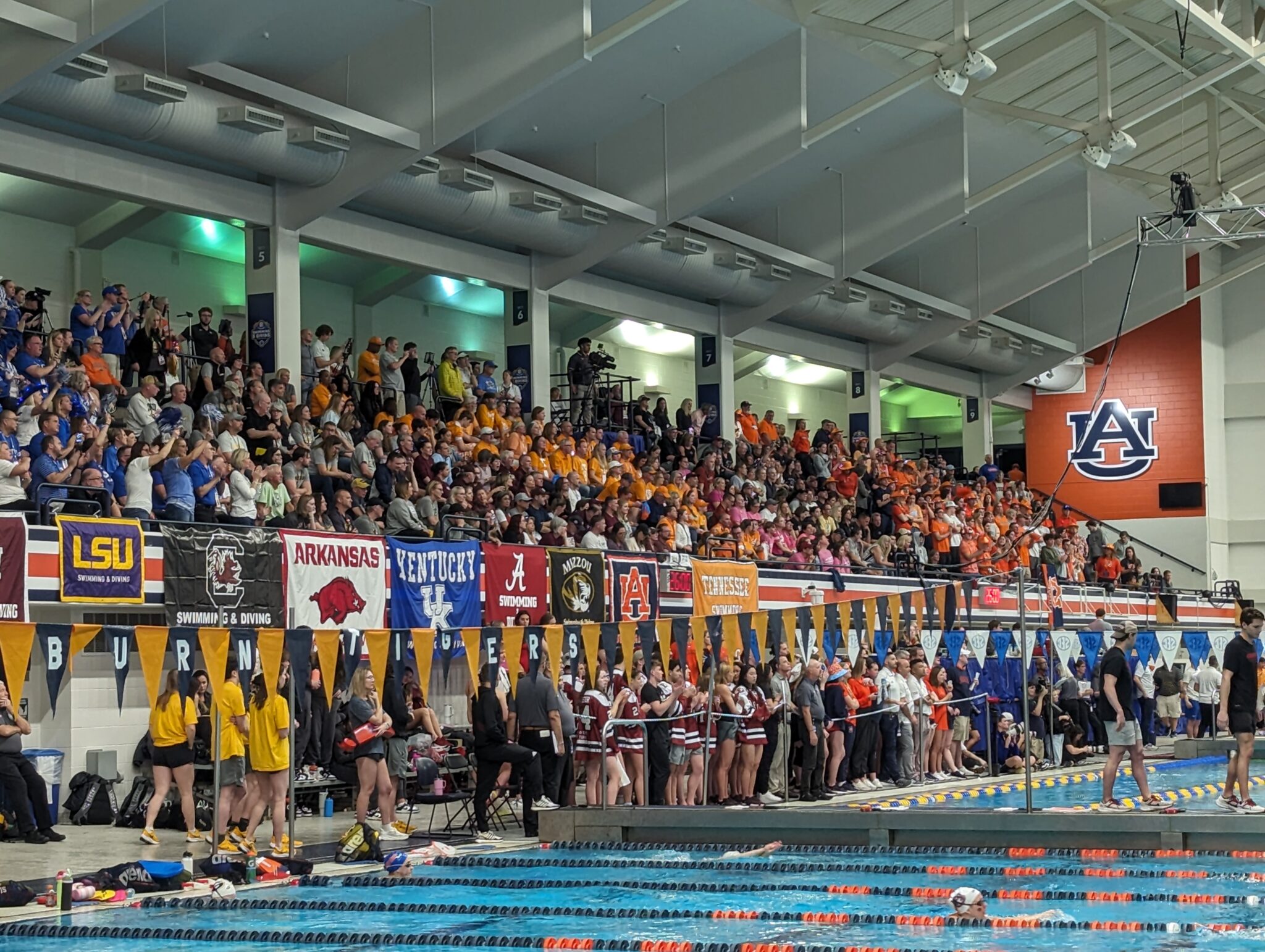
A Comprehensive Look at MMA World Champions: A History of Dominance and Dynasty
Mixed Martial Arts (MMA) has evolved from a brutal spectacle to a highly skilled and technical combat sport. Its evolution is mirrored in the lineage of its champions, a diverse and captivating group representing a multitude of fighting styles, nationalities, and personalities. This article delves into the rich history of MMA world champions, exploring the major organizations, iconic figures, and the enduring legacies they have left behind.
The Rise of the Ultimate Fighting Championship (UFC): The Early Years
The UFC’s inception in 1993 marked the beginning of modern MMA. The early years were characterized by a relatively unstructured format, with fighters from various disciplines – grappling, boxing, Muay Thai, wrestling – clashing with little regard for weight classes. This resulted in the rise of dominant figures like Royce Gracie, who demonstrated the effectiveness of Brazilian Jiu-Jitsu in a no-holds-barred environment. His dominance in the first three UFC events established BJJ as a crucial element in MMA strategy. However, the early UFC champions didn’t hold titles in the same way as modern organizations. Wins were more about proving dominance than securing a formal championship belt.
The Emergence of Weight Classes and Title Belts: Defining Championships
As MMA gained popularity and regulation improved, weight classes became standardized, leading to more structured title fights and the introduction of championship belts. This marked a significant shift, allowing for more specialized training and a fairer competition based on similar body types and skill sets. The UFC’s introduction of weight divisions solidified the notion of a world champion, not just a tournament victor. This era saw the rise of legends like Randy Couture, a wrestler who became a multiple-time champion across different weight classes, showcasing versatility and exceptional fighting IQ. His longevity and success set a new standard for MMA champions.
The Reign of the Pride Fighting Championships (PRIDE): A Rival Powerhouse
While the UFC was solidifying its position in the United States, PRIDE Fighting Championships emerged as a dominant force in Japan. Known for its spectacular events and its emphasis on striking, PRIDE attracted some of the world’s best fighters. Champions like Fedor Emelianenko, widely considered one of the greatest MMA fighters of all time, reigned supreme in PRIDE’s heavyweight division. Emelianenko’s undefeated streak and his devastating ground-and-pound cemented his legacy. The PRIDE organization fostered a unique fighting style, emphasizing powerful striking and submissions, leaving an indelible mark on MMA history. While PRIDE eventually merged with the UFC, its champions remain significant figures in the sport’s evolution.
The UFC’s Modern Era: A Consolidation of Power
After absorbing PRIDE and several other promotions, the UFC became the undisputed leader in MMA. This period witnessed the rise of numerous iconic champions who helped shape the sport’s modern landscape. Georges St-Pierre’s dominance in the welterweight division, defined by his impeccable wrestling and striking, solidified his status as one of the greatest. Anderson Silva’s reign as middleweight champion was marked by his incredible striking and unorthodox fighting style, captivating fans with his highlight-reel knockouts. Jon Jones, despite controversies, showcased remarkable athleticism and skill in the light heavyweight division, leaving an undeniable impact. These champions, along with others like Demetrious Johnson, Conor McGregor, and Khabib Nurmagomedov, redefined what it meant to be a UFC champion.
A Diverse Roster of Champions: Reflecting Global Talent
The current roster of UFC champions reflects the sport’s global reach. Champions hail from various countries and backgrounds, highlighting the international appeal of MMA. We see champions like Zhang Weili, representing China’s growing MMA scene, and Israel Adesanya, a Nigerian-New Zealander who captivated fans with his charisma and striking prowess. This diversity speaks to the sport’s accessibility and the increasing number of talented fighters emerging from across the globe. The future of MMA champions promises to be even more diverse and exciting.
Beyond the UFC: Other Notable Organizations and Champions
While the UFC holds the lion’s share of attention, other MMA organizations have also produced notable champions. Bellator MMA, ONE Championship, and several regional promotions contribute to the wider MMA landscape. These organizations have nurtured talent and produced champions who have challenged the UFC’s dominance and added to the richness of the sport’s competitive scene. While the UFC’s champions often garner more mainstream recognition, the champions from other promotions represent significant achievements within their respective organizations and contribute to the overall skill and competitiveness of MMA.
The Legacy of MMA Champions: Inspiration and Evolution
The history of MMA world champions is a story of dedication, resilience, and relentless pursuit of excellence. These individuals have not only achieved personal greatness but have also pushed the boundaries of the sport, influencing training methods, techniques, and the overall evolution of MMA. Their stories inspire aspiring fighters and fans alike, demonstrating the power of discipline, perseverance, and the unwavering pursuit of one’s goals.
Conclusion: A Dynamic and Evolving Landscape
The list of MMA world champions is a constantly evolving chronicle of skill, dedication, and triumph. From the early days of no-holds-barred fighting to the highly regulated and structured sport we see today, the champions have shaped the narrative of MMA. As new talent emerges and the sport continues to grow globally, the future of MMA world champions promises to be as captivating and diverse as its past. The legacy of these fighters extends beyond the octagon, inspiring generations of athletes and shaping the future of mixed martial arts. The journey to becoming a world champion is arduous, but the rewards – both personal and for the sport itself – are immeasurable. The stories of these champions continue to be written, making MMA a constantly exciting and evolving spectacle.



